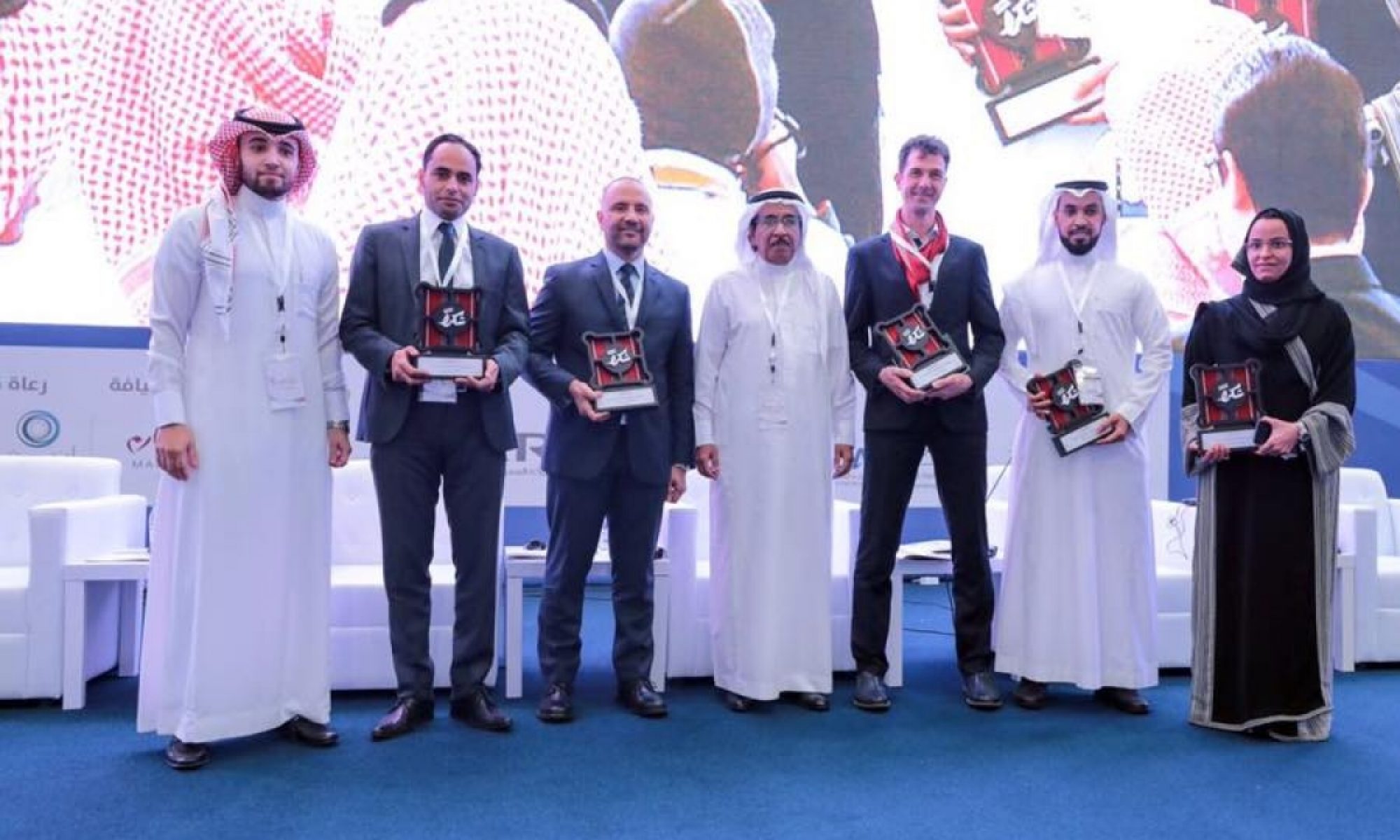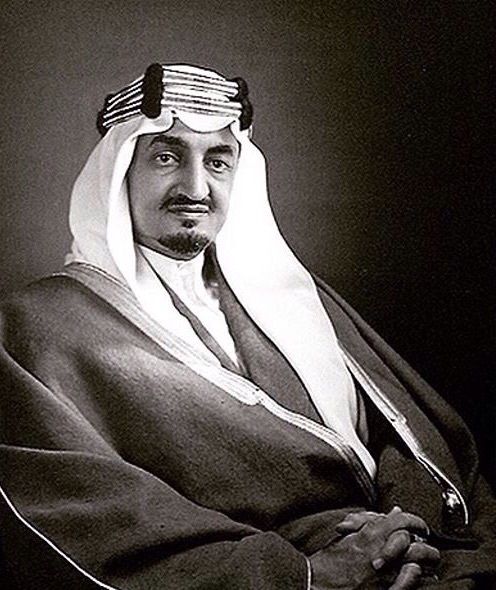
In the tapestry of Saudi Arabian history, few figures shine as brightly as King Faisal bin Abdulaziz Al Saud, a visionary leader whose reign from 1964 to 1975 marked a pivotal era of reform and modernization. This blog aims to explore the life, accomplishments, and enduring legacy of King Faisal, whose commitment to progress and transformation has left an indelible mark on the Kingdom.
Early Life and Education:
Born in 1906, King Faisal was the third son of King Abdulaziz Al Saud, the founder of modern Saudi Arabia. His early education under the guidance of religious scholars laid the foundation for a leader deeply rooted in Islamic values and traditions.
Modernization and Economic Development:
King Faisal’s reign witnessed ambitious modernization efforts aimed at transforming Saudi Arabia into a modern state. He initiated comprehensive economic development plans, diversifying the economy beyond oil and investing in infrastructure, education, and healthcare. The establishment of the television network and the expansion of higher education exemplified his commitment to progress.
Educational Reforms:
Recognizing the pivotal role of education in nation-building, King Faisal implemented far-reaching educational reforms. He expanded access to education, established new schools and universities, and invited experts from around the world to contribute to the Kingdom’s academic development. His emphasis on education laid the groundwork for a more knowledgeable and skilled workforce.
Social and Cultural Initiatives:
King Faisal’s leadership extended to social and cultural realms, challenging societal norms to foster a more inclusive and progressive society. His reign saw advancements in women’s education, with the establishment of the first girls’ schools. King Faisal also encouraged cultural dialogue and engagement with the international community.
Global Diplomacy and Leadership:
King Faisal’s diplomatic acumen elevated Saudi Arabia’s standing on the global stage. His tenure as the Foreign Minister and subsequent role as the Crown Prince and Prime Minister showcased his commitment to international cooperation. King Faisal played a key role in the formation of the Organization of the Islamic Conference (OIC) and actively contributed to regional stability.
Oil Embargo and Geopolitical Challenges:
The 1973 oil embargo, led by King Faisal in response to Western support for Israel, demonstrated the Kingdom’s assertiveness on the geopolitical stage. This pivotal moment highlighted Saudi Arabia’s influence in the global energy landscape and its willingness to leverage resources for political causes.
Assassination and Legacy:
King Faisal’s life was tragically cut short in 1975 when he was assassinated by a nephew. His untimely death left a void, but his legacy endured. The reforms he initiated laid the foundation for the Kingdom’s continued development, and his vision for a modern, progressive Saudi Arabia lived on.
King Faisal bin Abdulaziz Al Saud’s legacy is one of reform, progress, and global leadership. His unwavering commitment to modernization, education, and diplomatic engagement propelled Saudi Arabia onto the world stage. As the Kingdom navigates contemporary challenges, King Faisal’s imprint remains, a testament to the enduring impact of a reformist leader whose vision shaped Saudi Arabia’s trajectory in the 20th century.
King Faisal bin Abdulaziz Al Saud: Architect of Progress and Transformation in Saudi Arabia
Economic Diversification and Industrialization:
Building on his vision for economic development, King Faisal initiated plans to diversify the Saudi economy beyond oil. His ambitious industrialization programs aimed to reduce the country’s dependence on oil revenue and promote self-sufficiency. This marked a crucial step toward creating a more resilient and balanced economy.
Infrastructure Development:
King Faisal oversaw extensive infrastructure projects that transformed the landscape of Saudi Arabia. The construction of modern roads, airports, and telecommunications networks facilitated not only economic growth but also enhanced connectivity within the Kingdom and with the outside world. These infrastructural advancements set the stage for further development.
Introduction of the Faisal Plan:
In 1970, King Faisal introduced the Faisal Plan, a comprehensive economic strategy aimed at modernizing and diversifying the Saudi economy. The plan emphasized agricultural development, industrialization, and investment in human capital. Although some aspects faced challenges, the Faisal Plan laid the groundwork for subsequent economic policies.
Advancements in Healthcare:
Recognizing the importance of healthcare for the well-being of the population, King Faisal implemented significant advancements in the healthcare sector. New hospitals and medical facilities were established, contributing to improved healthcare accessibility and standards across the Kingdom.
Commitment to Social Justice:
King Faisal’s commitment to social justice was evident in his efforts to address disparities within Saudi society. His policies aimed at ensuring a fair distribution of wealth, advocating for workers’ rights, and enhancing social welfare programs demonstrated a dedication to fostering a more equitable and inclusive society.
Cultural and Religious Reforms:
While respecting the core tenets of Islam, King Faisal initiated subtle cultural and religious reforms. His reign saw a more open cultural atmosphere, allowing for greater cultural expression and the flourishing of arts. This approach sought to strike a balance between preserving traditional values and embracing modernization.
Legacy in Global Diplomacy:
King Faisal’s legacy in global diplomacy extended beyond regional matters. His role in shaping Saudi Arabia’s foreign policy, particularly in the Arab world, solidified the Kingdom’s position as a key player. The establishment of the Organization of the Islamic Conference (OIC) showcased his dedication to fostering unity among Islamic nations.
Continued Impact on Education:
The educational reforms introduced by King Faisal continued to resonate long after his reign. The expansion of educational opportunities for both men and women set the stage for Saudi Arabia’s emergence as a knowledge-driven society, with a focus on research, innovation, and technological advancement.
Conclusion on King Faisal’s Enduring Legacy:
As Saudi Arabia evolves in the 21st century, the legacy of King Faisal bin Abdulaziz Al Saud remains a beacon of inspiration. His multifaceted reforms, from economic diversification to advancements in education and healthcare, have left an indelible mark on the Kingdom. King Faisal’s enduring legacy serves as a testament to the transformative power of visionary leadership and its profound impact on shaping the destiny of a nation.
Visit Saudi Arabia Destinations Now
Here are some of our Saudi Arabia private tours, offering you the opportunity to embark on a captivating journey through the Kingdom of Saudi Arabia. Immerse yourself in the rich history of Saudi Arabia as you explore ancient wonders in cities like Riyadh, Jeddah, and Mecca. Discover the archaeological marvels of Al-Ula, with its UNESCO-listed Madain Saleh, and stroll through the traditional streets of Al-Ula Old Town. Experience the highland haven of Abha, nestled in the Asir Province, where you can explore Asir National Park and the historic village of Habala. Take in the breathtaking views at Al-Soudah Park and witness the natural beauty that defines the diverse landscapes of this enchanting kingdom. Whether you’re drawn to the historical charm of Riyadh or the mountainous landscapes of Abha, our Saudi Arabia private tours promise “A Trip to Remember.”
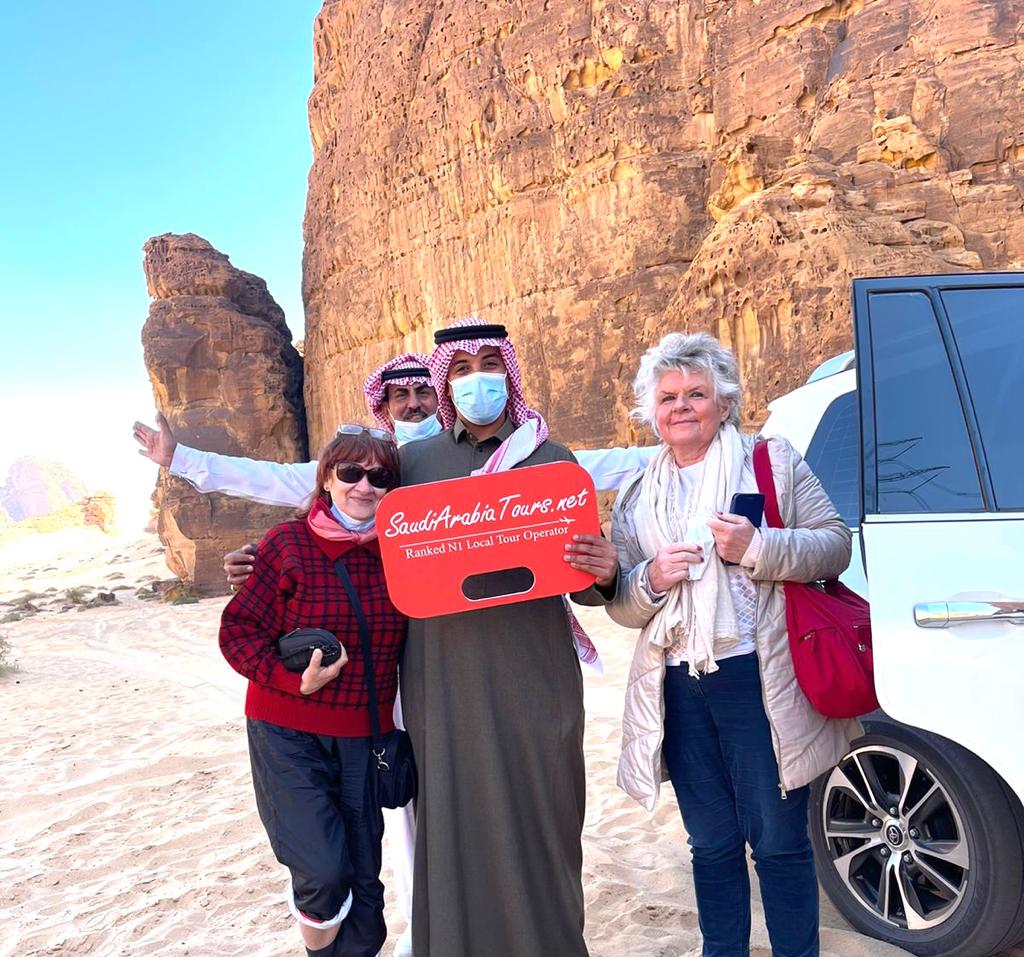
4 Days Riyadh Heritage Tour Package
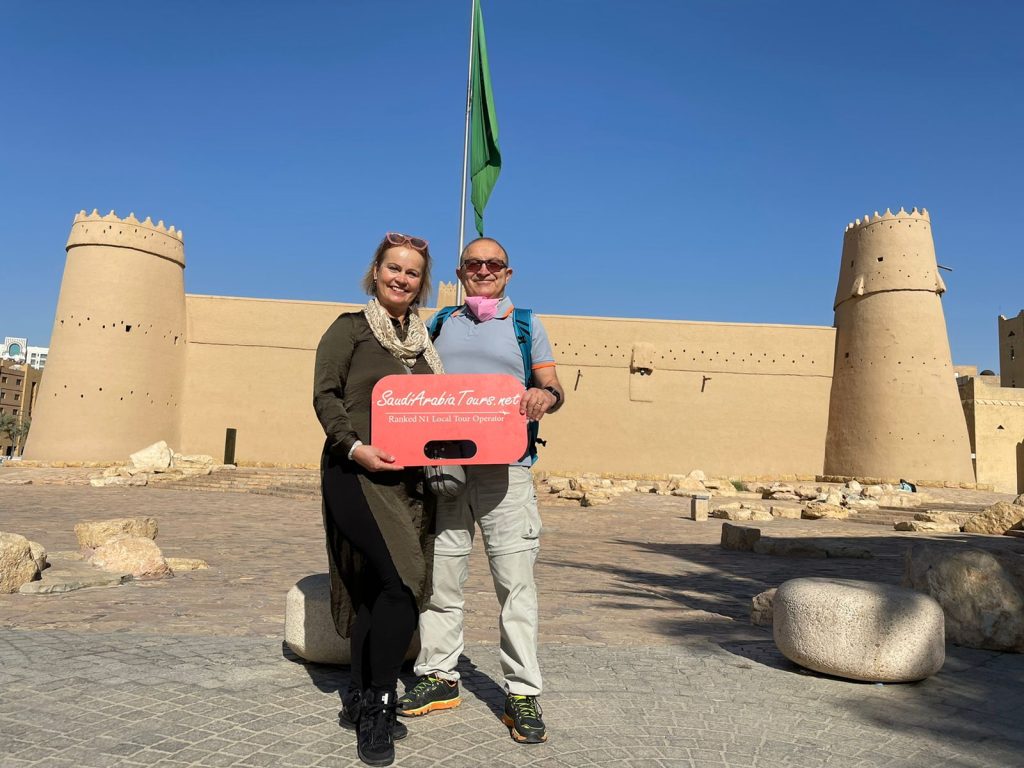

Saudi Arabia Explorer Riyadh, AlUla and Jeddah – 8 Days
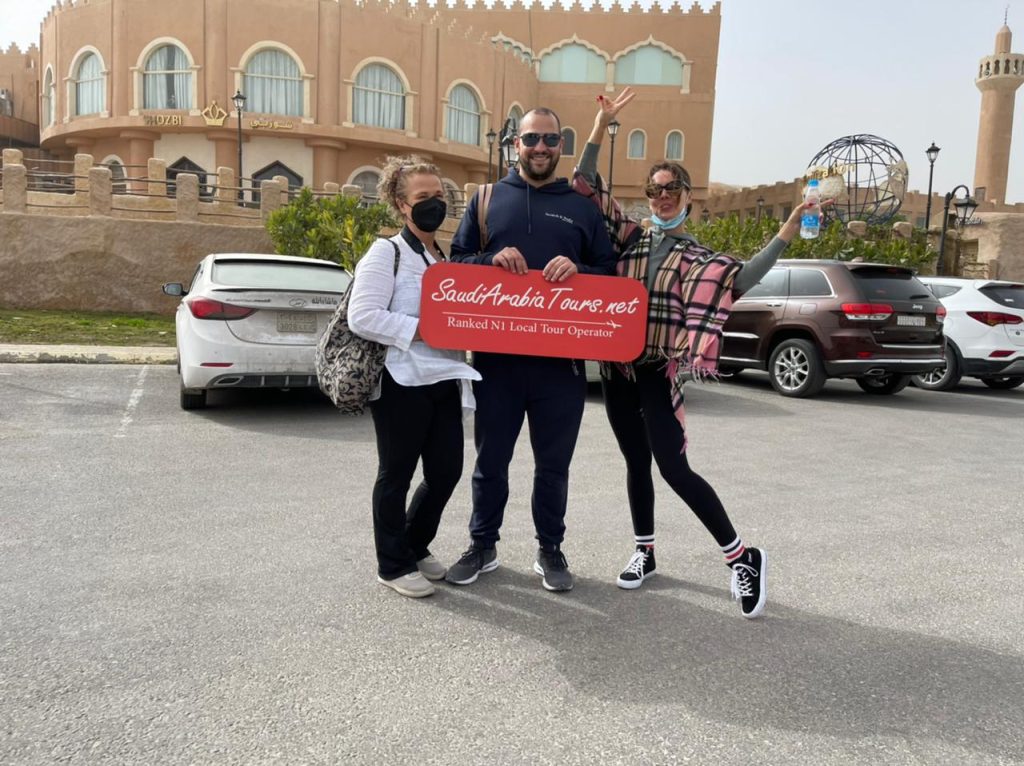
Majestic Tour of Saudi Arabia – 10 Days
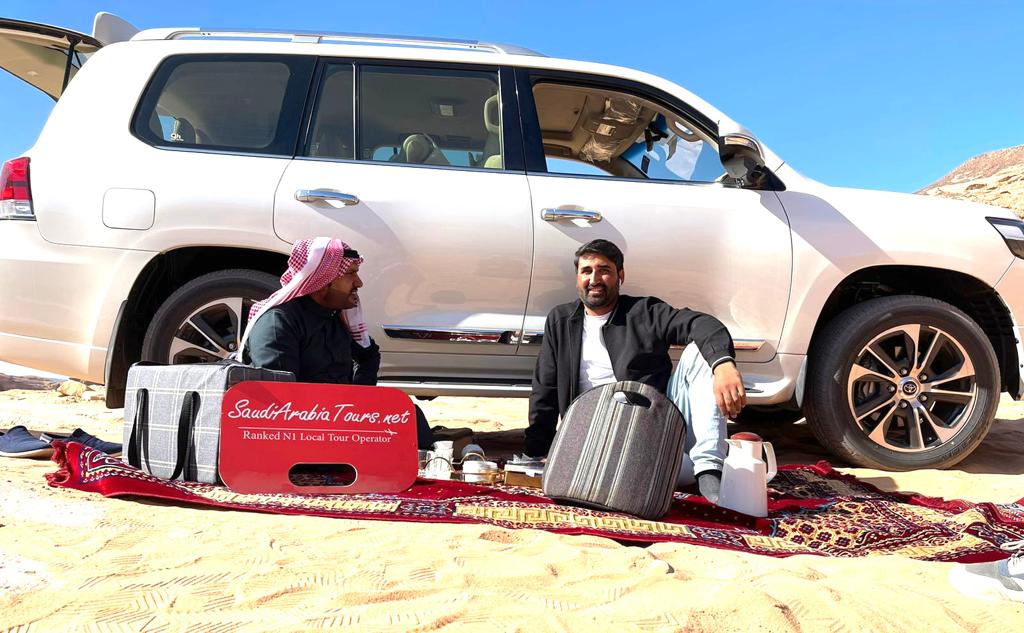
How Good are Saudi Arabia Tours?
Saudi Arabia Tours prides itself on being the best travel agency in Saudi Arabia as proven by our numerous positive reviews.
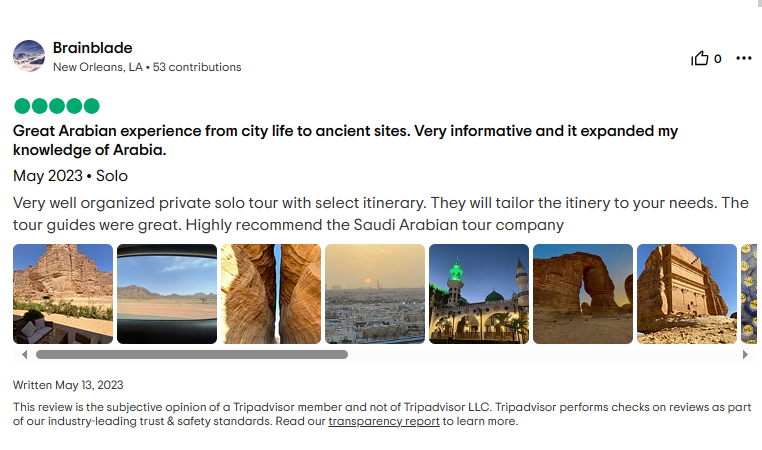
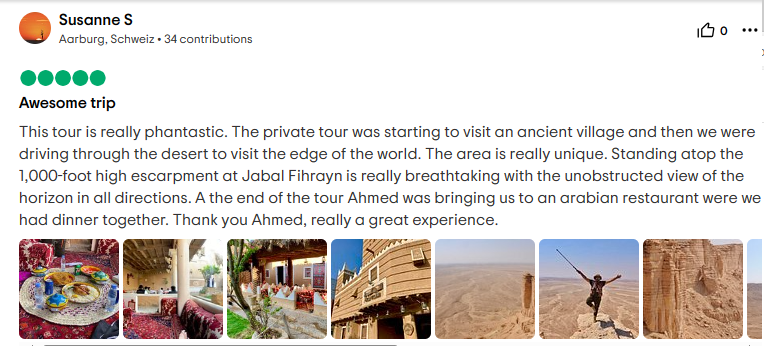

Frequently Asked Questions?
Is Saudi Arabia safe for tourists?
Tourists have been visiting Saudi Arabia and Saudi Arabians have a well-earned reputation for warmth and kindness toward visitors. Saudi Arabia cities are generally very safe, especially in areas where tourists frequent.
How to get a Saudi tourist visa?
Applying for a tourist visa to Saudi Arabia is easy. If you are from one of the 49 eligible countries, you can apply through the eVisa website. Holders of US, UK, or Schengen visas can apply for the visa upon arrival. Saudi Arabia is opening its doors to the world through its new tourist visa. Visitors will have the chance to discover and experience the warm hospitality of the Saudi people, the rich heritage, the vibrant culture, and Saudi Arabia’s diverse and breathtaking landscapes. The visa will be a one-year, multiple-entry visa, allowing tourists to spend up to 90 days in the country.
Are non-Muslims allowed in Saudi?
Non-Muslims can travel to all cities in Saudi Arabia except Medinah and Mekkah, Not allowed to non-Muslims to enter Mecca and Medinah.
Can I wear jeans in Saudi Arabia?
Both men and women are asked to dress modestly in public, avoiding tight-fitting clothing. Women should cover their shoulders and knees in public.
Contact us for more information on:
saudiarabiatours.net@gmail.com
Address: Head Office Olaya St, Riyadh 12213, Saudi Arabia.
If you are booking and taking the tour within 24 hours, or have an urgent request, call us on
Cell/whatsapp : +966558018938 For more info please visit Saudi Arabia Tours
